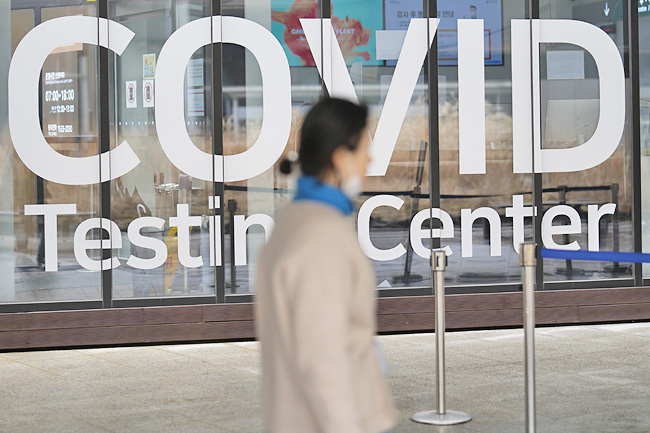SEOUL, SOUTH KOREA (AP) – South Korea this month will begin weekly tests of sewage produced by its major cities and towns to track the spread of COVID-19 and identify future waves.
Officials at the Korea Disease Control and Prevention Agency (KDCA) said yesterday that wastewater surveillance will potentially provide a cheaper and more sustainable tool in the country’s pandemic response. They said it could also improve the detection of other outbreaks, such as influenza, norovirus or drug-resistant bacteria.
According to the plans, health workers will conduct tests on sewage samples collected from 64 wastewater facilities nationwide at least once a week and regularly release analyses of the test results on its website.
KDCA said its recent trial runs with cities and provincial governments showed that the levels of pathogens found in sewage samples largely aligned with infection trends in those areas, confirming the value of testing water released from faucets, toilets and bathtubs.
Similar tests have also been adopted in the United States.
South Korea had maintained a stringent COVID-19 response based on aggressive testing, contact tracing and quarantines during the earlier part of the pandemic, but has eased most of its virus controls since last year as the Omicron variant’s surge rendered those containment strategies irrelevant.




















































